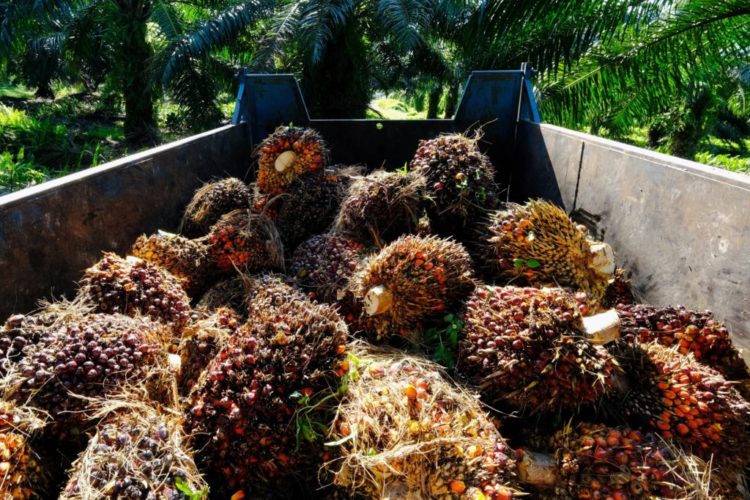
The World Trade Organization (WTO) has granted Malaysia’s second request for a Malaysia-EU palm oil dispute panel and Thailand, Norway, Singapore and Indonesia may influence the result. The countries are among eighteen others that have reserved their rights to participate as third parties in the proceedings.
According to reports by media Argus, the request is Malaysia’s second for a panel to examine the EU’s phasing out the use of palm oil-based biofuels in 2023 until it is completely halted by 2030. The EU is acting under the Renewable Energy Directive (RED) II and that eventual ban on palm oil-based biofuels is needed due to sustainability concerns.
According to Argus, the EU regrets Malaysia’s decision to renew its request for a panel dispute but the measures at stake are fully justified and the EU is confident it will prevail in the dispute proceedings. As third party participants, Thailand, Norway, Singapore, and Indonesia together with South Korea, Brazil, Russia, the UK, the US, Guatemala, Australia, Colombia, Japan, China, Ukraine, India, El Salvador, and Canada will monitor and influence the proceedings.
The EU is ready to discuss interim arrangements allowing for a possible appeal to be heard in the dispute. The WTO currently lacks an operational appeals body but has set up a multi-party interim appeal arrangement where three members of an agreed pool of 10 arbitrators will hear a plea and pursue a dispute settlement.
Malaysia and Indonesia exported 350,000 tons of palm oil-based biofuels to the EU last year combined and currently, Malaysia is also a third-party observer in a similar case Indonesia has brought to the WTO against the EU.


The Malaysian Palm Oil Council has filed its appeal following an announcement by the Commission that it will reject a request from France, Italy and Belgium for exemption from the ban on use of oils produced in countries where refineries cause deforestation and destruction of natural habitats.